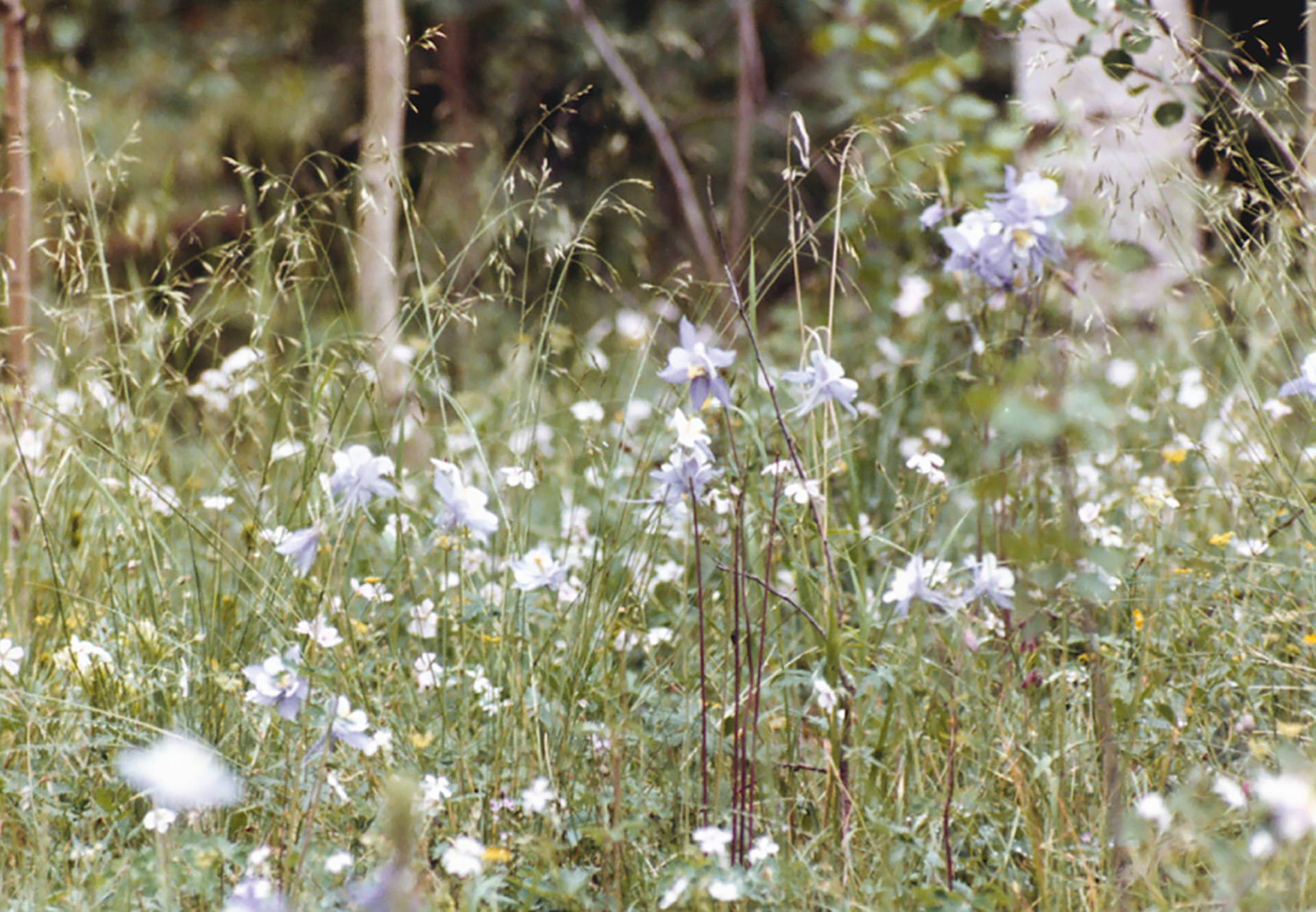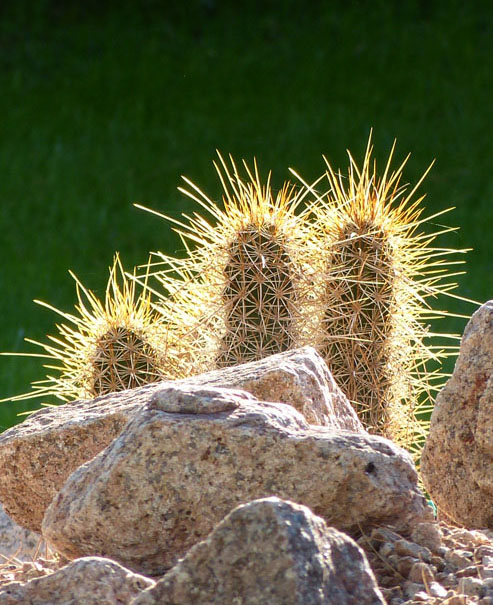
ASU remembers
George Bjotvedt
Director of the Division of Biosciences
Adjunct Professor in Bioengineering
University Veterinarian

July 15, 2023
|
Dr. George Bjotvedt graduated from Pennsylvania Military College in June, 1951. He was commissioned as a 2nd Lieutenant and served with the 65th Puerto Rican Regiment during the stalemate phase of the Korean war. In January 1953, he briefed General Maxwell Taylor, Commander 8th army, on the use of German Shepherd scout dogs on ambush patrols into no-man's land. As a patrol leader on more than 23 ambush patrols, he was safely conducted by a scout dog and handler with minimal causalities to his patrol members. He received Korean service medals, Bronze Star, Combat Infantryman Badge and Congressional Gold Medal. In June,1954, he resigned his regular army commission and received an honorable discharge. He received his doctor of veterinary medicine degree (V.M.D.) from the University of Pennsylvania in 1958. That year, he received a Post Doctoral Fellowship from the National Institutes of Health to study virology and biomedical research at the Wistar Institute under the direction Dr. Hilary Koprowski. After completing his internship at Wistar Institute, he went to the medical school at the University of Pennsylvania.There he served as the Director of the Division of Laboratory Medicine where he organized and developed the first central program for the care and use of laboratory animals used in medical research. He developed and taught the first course in Laboratory Animal Medicine at the school of veterinary medicine at the University of Pennsylvania. He was a founder of the American Association for Accreditation of Laboratory Animal care or AAALAC. He served as Director Laboratory Animal Program and Assistant Professor of Surgery at the Mount Sinai School of Medicine. He received a grant from Animal Resources, NIH for the development of central care program at the medical school. He was able to establish that canine distemper was the cause of morbidity and mortality of non-conditioned laboratory dogs used in medical research. The federal grant provided the means by which the medical school's animal program received full accreditation by AAALAC. In 1969, he moved his family to Scottsdale, Arizona. Dr. Bjotvedt served as the university veterinarian at Arizona State University or ASU. He was awarded another grant from the Animal Resources, NIH for the establishment of a central animal care program. Dr. Bjotvedt oversaw the use and care of laboratory animals in university's biomedical projects. The animal care program received full accreditation by AAALAC. In the 30 years as a Diplomate of the American College of Laboratory Animal Medicine, he made many contributions to laboratory animal medicine literature culminating in a two volume Syllabus of Humane Practice of Animal Care and use. He retired from ASU as Director of the Division of Biosciences and Adjunct Professor in Bioengineering. His Korean war experience with a scout dog and several other combat stories were highlighted in the very popular TV series-M*A*S*H. His M*A*S*H interview tapes are a part of the TV-series' memorabilia given to the Smithsonian. He served as a track veterinarian at The Greyhound Racing Park in Phoenix, AZ. Dr. Bjotvedt is survived by his wife Gloria, his four children and his six grandchildren. |